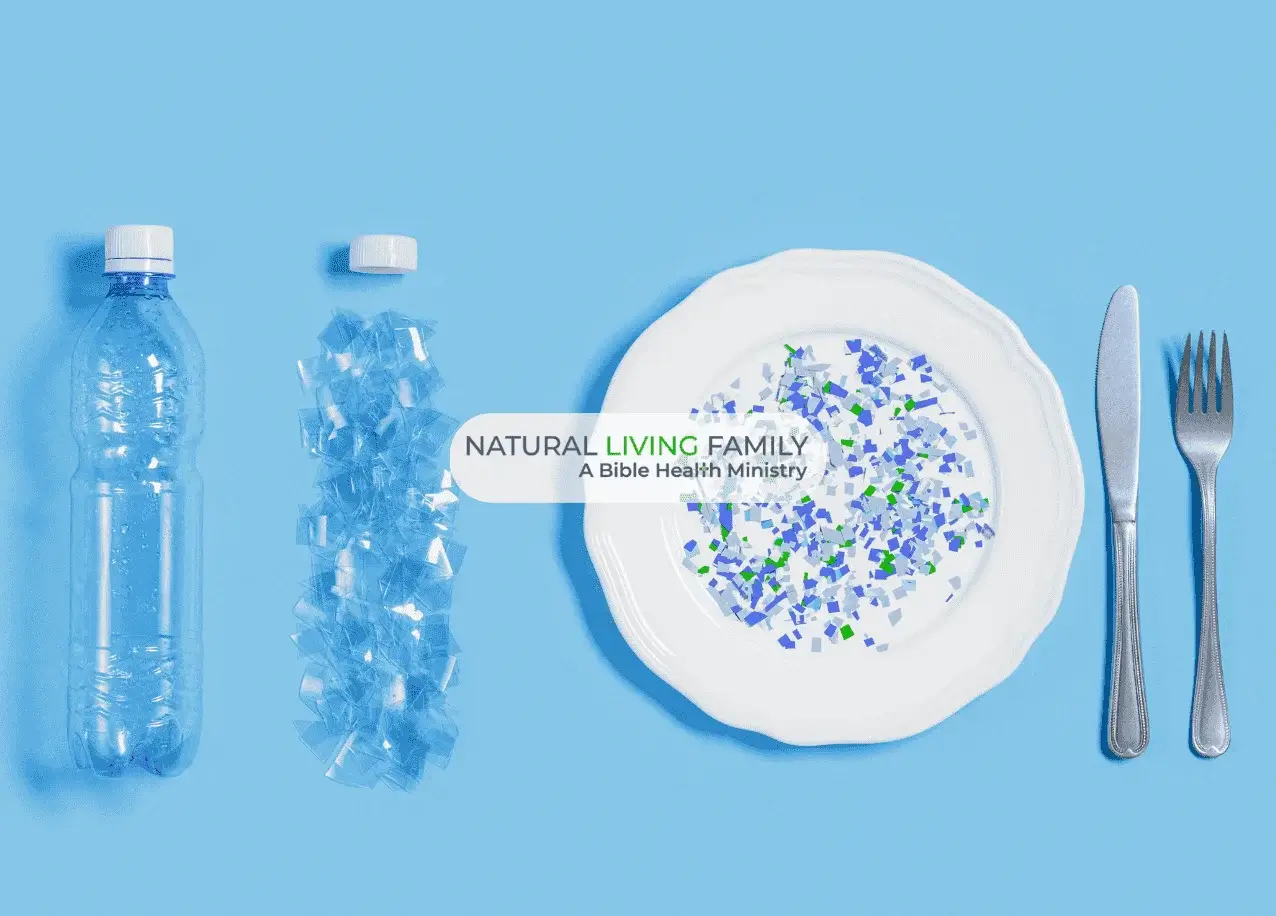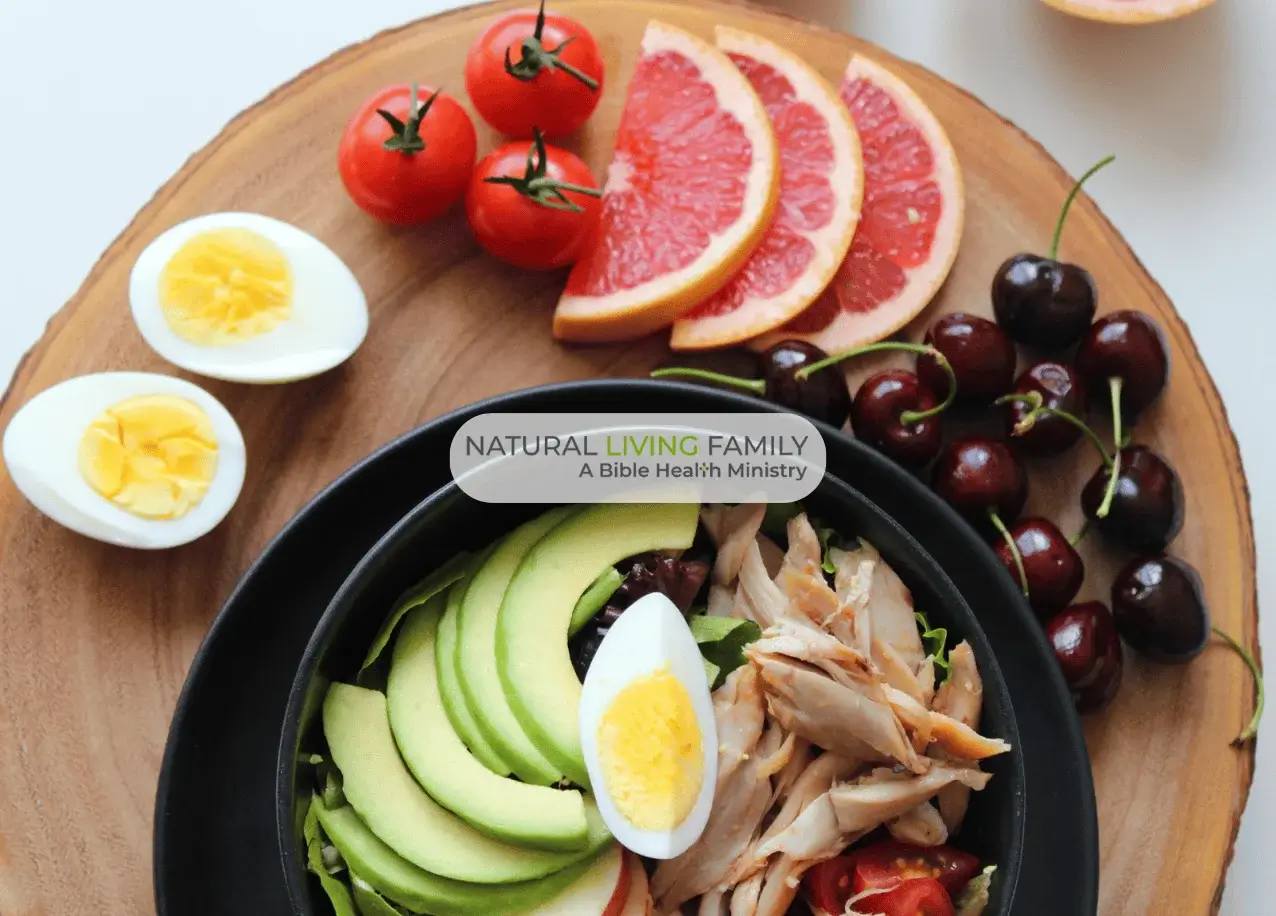You may be surprised to learn that the difference between all-natural and organic on your food labels isn’t as clear-cut as you may think. Just because products are advertised as all-natural, 100% natural, low fat, no sugar added, or even organic doesn’t mean that they are good for you.
Table of Contents
The Landmark 2015 Natural Food Labels Survey
Up until the last ten years, many Americans were quite lackadaisical in determining whether or not the foods they eat were harmful to their bodies, and they have historically relied on scanning food labels instead of diving deep into the important details of the difference between all-natural and organic.
Many “health foods” have caused the health of Americans and the American healthcare system to rank at the bottom of virtually every study and survey conducted in the last decade.
Thankfully, the tides seem to be changing…
An important paradigm shift in how Americans are now reading food labels is highlighted in the landmark 2015 Food Labels Survey conducted by the Consumer Report® National Research Center.
According to this survey, the following objectives were viewed by consumers as very important:
- Reducing pesticide exposure – 63%
- Protecting the environment from chemicals – 62%
- Supporting your local farmers – 60%
- Supporting fair pay/working conditions – 59%
- Reducing antibiotics in food production – 54%
- Avoiding GMOs – 52%
- Better living conditions for farm animals – 52%
- Avoiding artificial ingredients – 48%
As far as we can tell, there hasn’t been an official update to the 2015 Consumer Reports Natural Food Labels Survey. But more recent studies have shed light on how consumers view food labels today:
- 2023 Food & Health Survey (IFIC) – This study found that 40% of in-person shoppers regularly buy products labeled as “natural.” However, it also highlighted how conflicting information—especially on social media—causes many people to question their food choices.
- 2023 Consumer Food Insights Report (Purdue University) – While most consumers trust food labels like ingredient lists and nutrition facts, they’re much more skeptical of terms like “natural” and certain health claims. This growing doubt suggests more people are recognizing the ambiguity of the “natural” label.
Bottom line? The “natural” label is still everywhere, but consumer trust in what it actually means has shifted significantly since 2015.
Meaning of “Natural” on Your Labels
The majority of Americans desire to purchase “natural” and “organic” products, but they are still unsure about what these distinctions really mean. Most consumers think that the labels of natural or organic on meat and poultry mean that no artificial ingredients, growth hormones, genetically modified ingredients, or antibiotics were used. So what’s the difference between all-natural and organic?
It is encouraging that more Americans are questioning what they put on their plates, but it is quite alarming that the majority believes that “natural” and “organic” are nearly synonymous when nothing could be further from the truth. It makes sense that if you intend to eat bioactive-rich foods, you’d want them to be as healthy as possible.
What Does “Natural” Mean?
What does “natural” mean? No one really knows, which is why it’s dangerous to solely go off of this label.
The Food and Drug Administration, for example, has not established a formal definition for “natural” in food labeling, it generally interprets the term to mean that nothing artificial or synthetic has been included in or added to a food that would not normally be expected to be there. However, this interpretation does not address food production methods, such as the use of pesticides, nor does it consider food processing or manufacturing methods. As a result, foods labeled as “natural” are not necessarily free from pesticides, genetically modified organisms (GMOs), or processed ingredients.
This lack of regulation means that the “natural” label can be misleading, as it doesn’t guarantee the absence of artificial additives or adherence to specific agricultural practices.
In the FDA’s own words, “The agency has not objected to the use of the term if the food does not contain added color, artificial flavors, or synthetic substances.”
Essentially, food manufacturers can now slip in ingredients that most health enthusiasts would scoff at, all under the guise of “natural,” and it’s legal. This raises significant eyebrows because the definition of “synthetic substances” is as vague as “all-natural.”
It has been reported that the FDA has accepted high fructose corn syrup (HFCS) as an “all-natural” ingredient if it can be confirmed that no synthetic fixing agents came in contact with it during manufacturing. (By the way – if you want some actually natural sweeteners, here are the healthiest ones we know.)
Some claim that the ‘natural’ claim on a label is a scam. Even Consumer Reports (CR) highlights the ‘natural’ scam on their website.
Main benefits: none
Limitations: Has no clear meaning on a majority of foods.
Overview: “CR surveys show that most consumers think that the claim “natural” on a food package should mean that the product contains no artificial ingredients, that it was produced without pesticides or genetically modified (or engineered) organisms (GMOs), and that farm animals weren’t given drugs, such as antibiotics. However, the claim means none of these things. On meat and poultry, the Department of Agriculture defines “natural” as minimally processed and containing no added artificial ingredients. For other foods, the term has no clear meaning and is not regulated by a government agency.”
According to CR, “Natural” food claims on labels fail all of the ratings criteria:
- Reducing Pesticides
- Reducing The Use of Drugs in Farm Animals
- What Farm Animals Eat and the Quality of Their Diets
- Animal Welfare
- Non-GMO
- Verification
The Meaning Of “Organic”
What does the term “organic” really mean? It’s important to realize that although a product may be USDA-certified organic, it is NOT guaranteed to be:
- Local – More than 10% of organic food is reportedly imported. (10)
- Chemical or Spray Free – Many sources claim that so-called organic produce is actually sprayed with more chemicals than non-organic sources. The loophole is that the spray must be tied to a “naturally occurring” chemical, which can get into a gray area very quickly. (10) If you want to be sure about your produce quality, try growing your own!
- Sustainable – Most organic farms are mega-million dollar operations with the same over-harvesting practices as conventional producers.
- Or… Healthy – This point is important to understand because candy is still candy and deep-fried potato chips are still bad for you, regardless if they’re made from organic ingredients or not.
Consumers have to wonder what the extra 5% of ingredients in certified “organic” multi-ingredient food items are actually made of. It’s safe to assume they are not pesticide-free and that they do not pass the USDA-certified organic sniff test.
The only way to guarantee that your food is free from harmful chemicals is to purchase locally grown produce from farmers that you know and trust, or better yet, grow your own.
Choosing “Organic”
The term “organic” is much more rigorously regulated. For a food item to be considered organic, it must be produced using methods “that preserve the environment and avoid most synthetic materials, such as pesticides and antibiotics.” (8)
The FDA has helped to further define the varieties of “organic” food: (9)
“Organic” crops – The USDA organic seal verifies that irradiation, sewage sludge, synthetic fertilizers, prohibited pesticides, and genetically modified organisms were not used.
“Organic” livestock – The USDA organic seal verifies that producers met animal health and welfare standards, did not use antibiotics or growth hormones, used 100% organic feed, and provided animals with access to the outdoors. (This doesn’t prevent the processing of meat.)
“Organic” multi-ingredient foods – The USDA organic seal verifies that the product has 95% or more certified organic content. If the label claims that it was made with specified organic ingredients, you can be sure that those specific ingredients are certified organic.
“Made with Organic” Ingredients – These products contain at least 70% organically produced ingredients. The remaining non-organic ingredients are produced without using prohibited practices (genetic engineering, for example) but can include substances that would not otherwise be allowed in 100% organic products.
References:
- https://www.consumerreports.org/food-labels/seals-and-claims/natural?utm_source=chatgpt.com
- https://ific.org/media-information/press-releases/2023-food-health-survey/?utm_source=chatgpt.com
- https://ag.purdue.edu/news/2023/04/food-survey-consumers-trust-and-value-product-labels.html?utm_source=chatgpt.com
- https://www.consumerreports.org/food-labels/seals-and-claims/natural?utm_source=chatgpt.com
- https://www.forbes.com/sites/danmunro/2014/06/16/u-s-healthcare-ranked-dead-last-compared-to-10-other-countries/#1a4ac6a4576f
- https://www.nejm.org/doi/full/10.1056/NEJMp0910064
- https://www.theatlantic.com/health/archive/2013/01/new-health-rankings-of-17-nations-us-is-dead-last/267045/
- https://www.consumerreports.org/content/dam/cro/magazine-articles/2016/March/Consumer_Reports_Natural_Food_Labels_Survey_2015.pdf
- https://www.fda.gov/food/food-labeling-nutrition/use-term-natural-food-labeling
- https://www.foodnavigator-usa.com/Article/2008/07/08/HFCS-is-natural-says-FDA-in-a-letter
- https://drhyman.com/blog/2011/05/13/5-reasons-high-fructose-corn-syrup-will-kill-you/
- https://www.usda.gov/topics/organic
- https://www.ams.usda.gov/grades-standards/organic-standards
- https://www.ocf.berkeley.edu/~lhom/organictext.html











